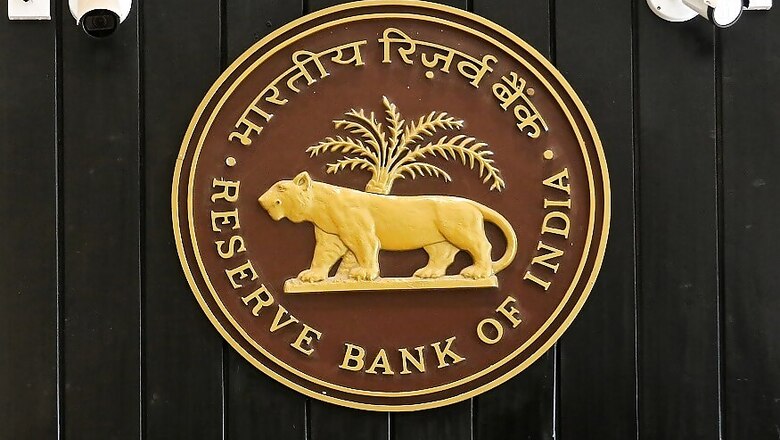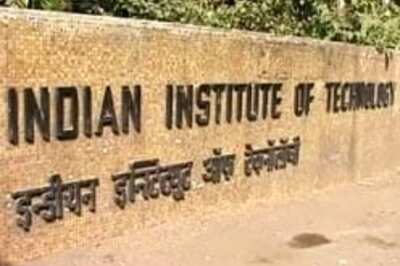
views
The Reserve Bank of India on Monday proposed major changes in securitisation norms aimed at development of a strong and robust market for the same in the country.
Securitisation involves transactions where credit risk in assets are redistributed by repackaging them into tradeable securities with different risk profiles which may give various investors access to exposures which they otherwise will be unable to access directly.
The RBI said the revision in guidelines is an attempt to align the regulatory framework with the Basel guidelines on securitisation that have come into force effective January 1, 2018.
One of the salient features of the draft securitisation guidelines as compared to the existing guidelines includes, "Only transactions that result in multiple tranches of securities being issued reflecting different credit risks will be treated as securitisation transactions."
In line with the Basel-III guidelines, two capital measurement approaches have been proposed - Securitisation External Ratings Based Approach (SEC-ERBA) and Securitisation Standardised Approach (SEC-SA).
The draft guidelines has prescribed a special case of securitisation, called Simple, Transparent and Comparable (STC) securitisations with clearly defined criteria and preferential capital treatment.
The definition of securitisation has been modified to allow single asset securitisations. Securitisation of exposures purchased from other lenders has been allowed, according to the revised guidelines.
"One of the key changes relates to differential treatment for Residential Mortgage Backed Securities (RMBS) compared to other securitisations in respect of prescriptions regarding minimum holding period (MHP), minimum retention requirements (MRR) and reset of credit enhancements," the draft document said.
These guidelines are applicable to all banks; All India Financial Institutions (NABARD, NHB, EXIM Bank, and SIDBI); and, non-banking financial companies including housing finance companies.
The revisions in guidelines also take into account the recommendations of the Committee on Development of Housing Finance Securitisation Market in India (chaired by Dr. Harsh Vardhan) and the Task Force on the Development of Secondary Market for Corporate Loans (chaired by T N Manoharan), which were set up by the RBI in May, 2019.
The RBI said the comments on the draft frameworks can be submitted to it by the end of this month.




















Comments
0 comment